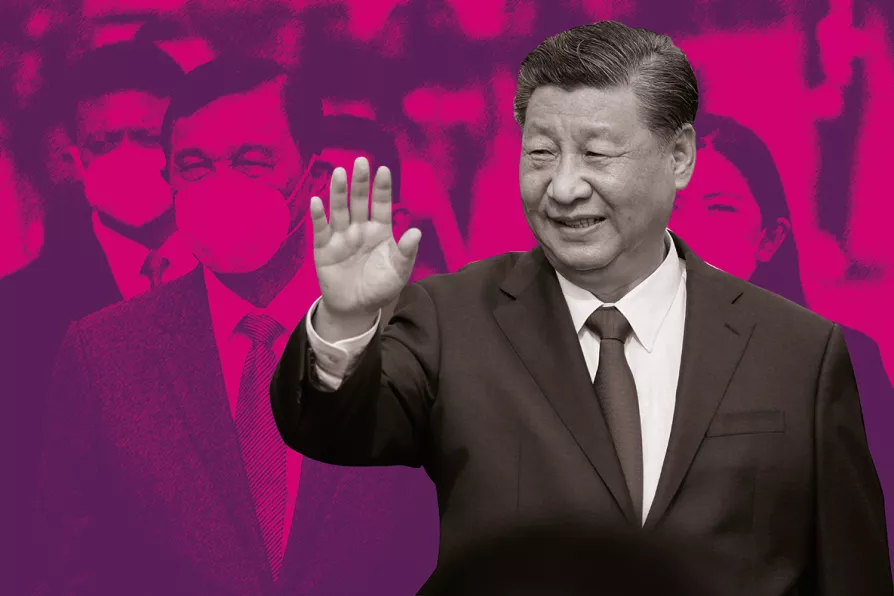The real question for Your Party, as it holds its CEC elections, will be whether shaped from above or built from below by empowered branches and a bold, uncompromising socialist programme. Mel Mullings, Riccardo la Torre and Chloe Braddock of the Grassroots Left slate set out their case


THE short answer is — not in the way that many socialists who have yet to make their own revolution in the metropolitan heartlands of capitalism might imagine “their” socialism to be.
However, as Marx declared, people make their own history but not in circumstances of their choosing — and this is as true of China as anywhere else.
Many of those on the far left who regard the former Soviet Union as “state capitalist” put the People’s Republic of China in the same boat.

In Part 4 of her look at the Chinese revolution JENNY CLEGG addresses the relationship between the Peasant Movement and the National Movement

BEN CHACKO welcomes a masterful analysis that puts class struggle back at the heart of our understanding of China’s revolution

STEPHEN BELL reports from a delegation that traced the steps of China’s socialist revolution from its first modest meetings to the Red Army’s epic 9,000km battle to create the modern nation that today defies every capitalist assumption











